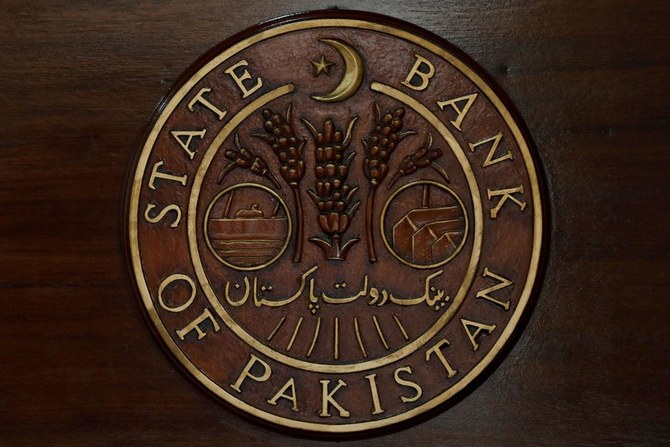KARACHI: Pakistan’s central bank has set a target to increase the share of Islamic banking in the country to 35 percent by 2025, the state bank’s deputy governor said on Tuesday, as the national financial institution takes measures to promote interest-free banking in the country.
In 2021, the Federal Shariat Court (FSC), which determines whether Pakistani laws comply with Islamic law, directed the government to eliminate interest from the country’s banking system by 2027.
At present, the share of Islamic banking in the overall commercial banking system in the country is 20 percent. Pakistan has six full-fledged Islamic banks offering a wide range of products and the annual growth rate of Islamic banks’ assets and deposits has been 25 percent and 22 percent respectively over the last five years, according to central bank data.
In November, Finance Minister Ishaq Dar said a dedicated wing would soon be established at the State Bank of Pakistan (SBP) to ensure the country’s transformation into an interest-free economy to comply with a ruling of the Federal Shariat Court.
“We are introducing a strategy to increase the share of Islamic banking to 35 percent in the next two years and then increase it beyond that,” SBP deputy governor, Sima Kamil, told reporters after the first HabibMetro Sirat Islamic Banking Summit held in Karachi.
“Simultaneously we are also looking at the court’s judgment, along with the government, for the promotion of Islamic banking.”
Kamil added that the central bank would facilitate and allow the conversion of conventional banking branches to the Islamic banking system.
“Finance is a fundamental pre-requisite for growth of any economy and Islamic finance by virtue of its faith-based nature offers inherent synergies with risk and reward mechanisms,” Kamil said.
However, she admitted that the availability of “adequate” financial experts was a key challenge facing the central bank in transforming conventional banks to the Islamic banking system.
“There is a growing need for qualified Islamic finance professionals who can spearhead the financial industry to the next stage,” Kamil said, adding that the central bank was fully committed to providing all support and facilitation that banks would need during the conversion process.
















